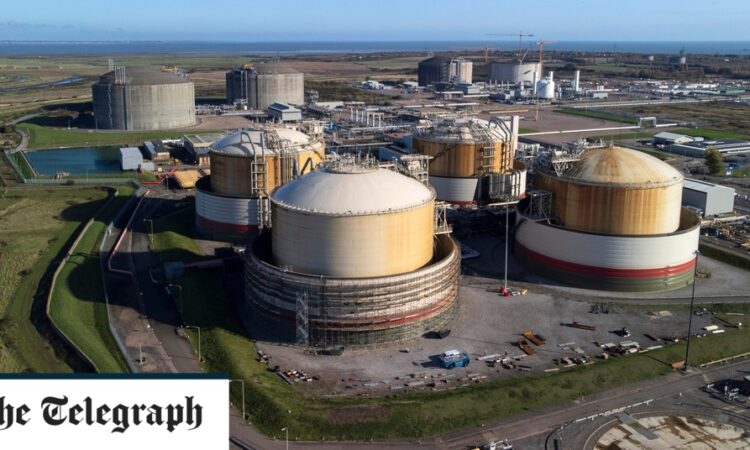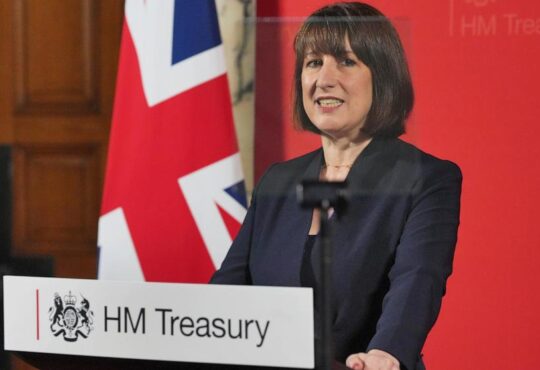
China has slipped into deflation as the world’s second-largest economy struggles to revive demand after years of zero-Covid policies.
The consumer prices index fell 0.3pc in the year to July, according to the National Bureau of Statistics (NBS).
It was the first year-on-year decline since February 2021. Inflation was unchanged in June.
Deflation refers to falling prices of goods and services and is caused by a number of factors, including waning consumption.
China also revealed that factory gate prices extended their declines, with the producer prices index (PPI) falling for a 10th consecutive month, down 4.4pc from a year earlier after a 5.4pc drop the previous month. That compared with a forecast for a 4.1pc fall.
The figures come amid mounting fears China is entering an era of much slower economic growth akin to the period of Japan’s “lost decades” since the 1990s, which saw consumer prices and wages stagnate for a generation. On Tuesday, China revealed poor import and export data.
Asian shares mainly fell overnight as China’s data confirmed its economic recovery was losing steam.
While cheaper goods may seem beneficial for purchasing power, economists are worried about China’s falling prices as it threatens the broader economy.
Deflation tends to mean consumers will postpone purchases in the hopes of further reductions.
A lack of demand then forces companies to reduce production, freeze hiring or lay off workers, and agree to new discounts to sell off their stocks – dampening profitability even as costs remain the same.
China experienced a short period of deflation at the end of 2020 and early 2021, due largely to a collapse in the price of pork, the most widely consumed meat in the country.
Prior to that, the last deflationary period was in 2009.
Many analysts fear a longer stretch of deflation this time around, as China’s main growth engines stall and youth unemployment is at a record high of more than 20pc.
Ongoing turmoil in real estate, a sector that has long accounted for a quarter of China’s economy, is the “main source” for this “deflationary shock”, said economist Andrew Batson of Gavekal Dragonomics.
Deflation is also being driven by flagging exports – historically a key source of growth for China, he added.






